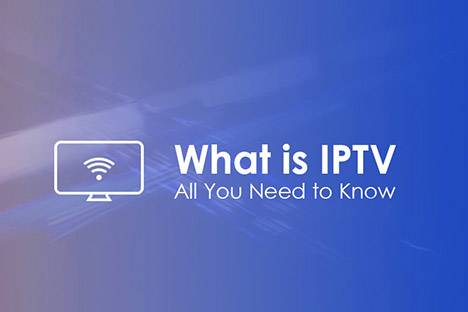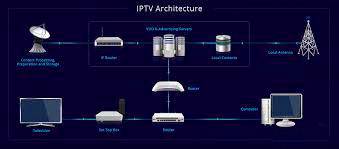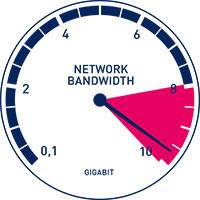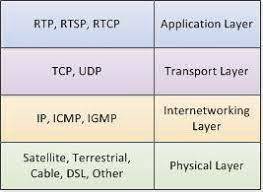What is my IPTV?
IPTV stands for Internet Protocol Television. It is a digital television broadcasting technology that uses the Internet to deliver programming rather than traditional terrestrial, satellite or cable formats. IPTV streams can be viewed on a variety of devices, including smartphones, tablets, laptops, and smart TVs.
IPTV services are available over a range of networks, including the public Internet, private networks and cloud-based services. These services use advanced video compression technology to deliver high-quality streaming video over networks with varying quality and bandwidth limitations.
How does IPTV work?
IPTV operates on an IP (Internet Protocol) network, allowing video content to be delivered over a broadband Internet connection. This setup offers greater flexibility than traditional TV formats, as it can provide video content on demand in addition to live programming.
IPTV uses a special protocol called Real-Time Transport Protocol (RTP) to deliver video content. The protocol ensures real-time transmission of video and allows seamless switching between channels and programs. IPTV streaming is also typically delivered using a middleware server that manages the delivery of content to customers.
Types of IPTV services
IPTV services are mainly divided into three types:
1. Live IPTV: This type of service broadcasts live TV programming from a range of networks and channels. It is usually delivered in real time, or with a slight delay.
2. Time-shifted IPTV: This service allows users to access TV content that is already broadcast on a specific channel or network. Through this service, users can watch past programs on demand.
3. Video on Demand IPTV: This service gives users access to a library of pre-recorded video content, including movies and TV shows, that can be watched on demand at any time.
Advantages of IPTV
IPTV offers many advantages over traditional TV formats, including:
1. Flexible viewing options: With IPTV, users can watch programs on a variety of devices, including smartphones, tablets, and smart TVs.
2. Wide range of channels: IPTV services provide access to a variety of television channels, including international channels that may not be available through traditional television formats.
3. On-demand programs: IPTV allows users to watch their favorite programs and movies on-demand at any time.
4. Cost-Effectiveness: IPTV services are generally cheaper than traditional TV formats because there are no expensive equipment or installation fees.
in conclusion
IPTV is an innovative technology that allows users to watch live and on-demand programming on a variety of devices. With its flexible viewing options and cost-effectiveness, IPTV is quickly becoming a popular choice for TV program delivery. By understanding what IPTV is and how it works, users can take full advantage of what the technology has to offer.
Subscribe now: smarters-iptv-co-uk






